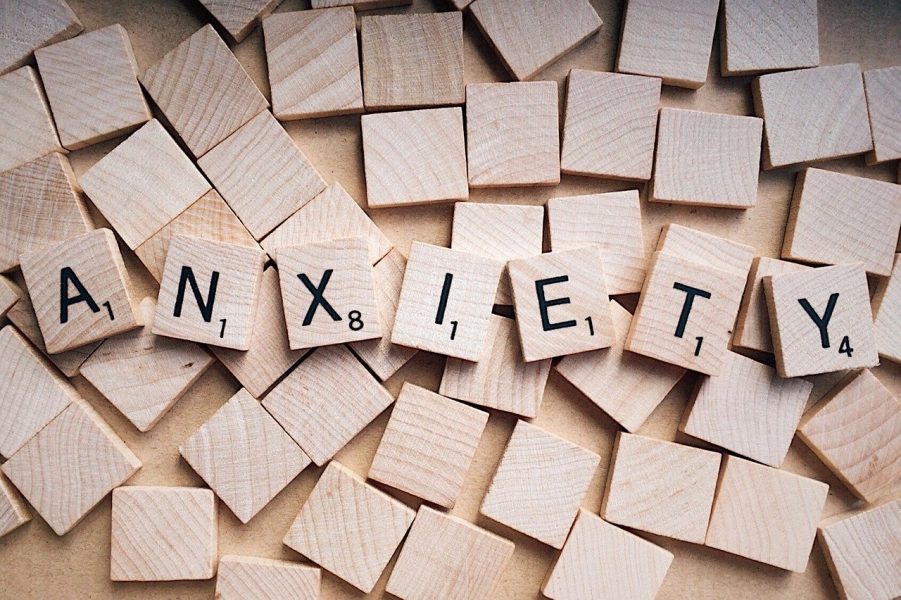
Seeing the Light
October 16, 2018
School Breaks Are the Best Time to Improve Executive Functioning
March 22, 2019Executive Functioning: How Coaching Helps
Executive function is a set of key mental skills that act as a command center in our brains. These skills help people do things like plan the small tasks to finish complex projects, manage time, control emotions, work with information and get tasks done. They’re also important for staying focused and solving problems. So having executive functioning challenges can impact anyone both in school and in everyday life.
Do you or your children have trouble when you have multiple things to work on at once? Do you make many more starts than finishes? Have you received negative feedback from authority figures that makes you feel bad because it seems like you are just more forgetful or disorganized than the average person? The good news is that these issues are common and there are simple ways to identify and learn new ways to tackle challenges that leads to excellence!
Trouble with executive skills are fairly common in people with learning challenges. Problematic executive functioning also produces the hallmark symptoms of ADHD. That’s because ADHD is an impairment of executive function. If your child (or you) struggle with executive function skills, they may show certain behaviors at home and in school. But you may not recognize them as signs of executive functioning issues. In part, that’s because executive skills develop over time, and at different rates. So in young children in particular, it can be hard to pinpoint where there are lasting problems. And sometimes, the behaviors may be common for a child’s age group or related to life changes such as moving or divorce or mental health symptoms. For example, it’s common for middle-schoolers to be overly dramatic. Or for high-schoolers to have trouble managing their time when there’s so much on their plate. Much depends on whether these behaviors persist or if there is an overall lack of organization and follow-through.
It’s also important to know that other conditions can produce some of the same behaviors, and often co-occur. Just a few of these look-alike conditions include anxiety, depression, obsessive compulsive disorder, and autism. That is one reason why it can be crucial to get Executive Function coaching from a highly trained licensed mental health professional. Plenty of coaches market their services having only completed a certification. Psychotherapists also trained in coaching know how to assess if there are underlying psychological challenges, and sensory regulation issues, as well.
Research with teens and college students who get executive functioning coaching shows better self-esteem and grades. Coaches are trained to target behaviors that sabotage successful outcomes or specific ways to provide incentives when children resist guidance. With older teens or adults, executive functioning coaching focuses primarily on supporting independence, helping them develop and manage their executive function skills and promoting their self-efficacy and confidence about future success. These skills are teachable!
For more details on how Executive Functioning Coaching can benefit you or your family call the experts at Dunham Counseling today at (630) 799-0100.






